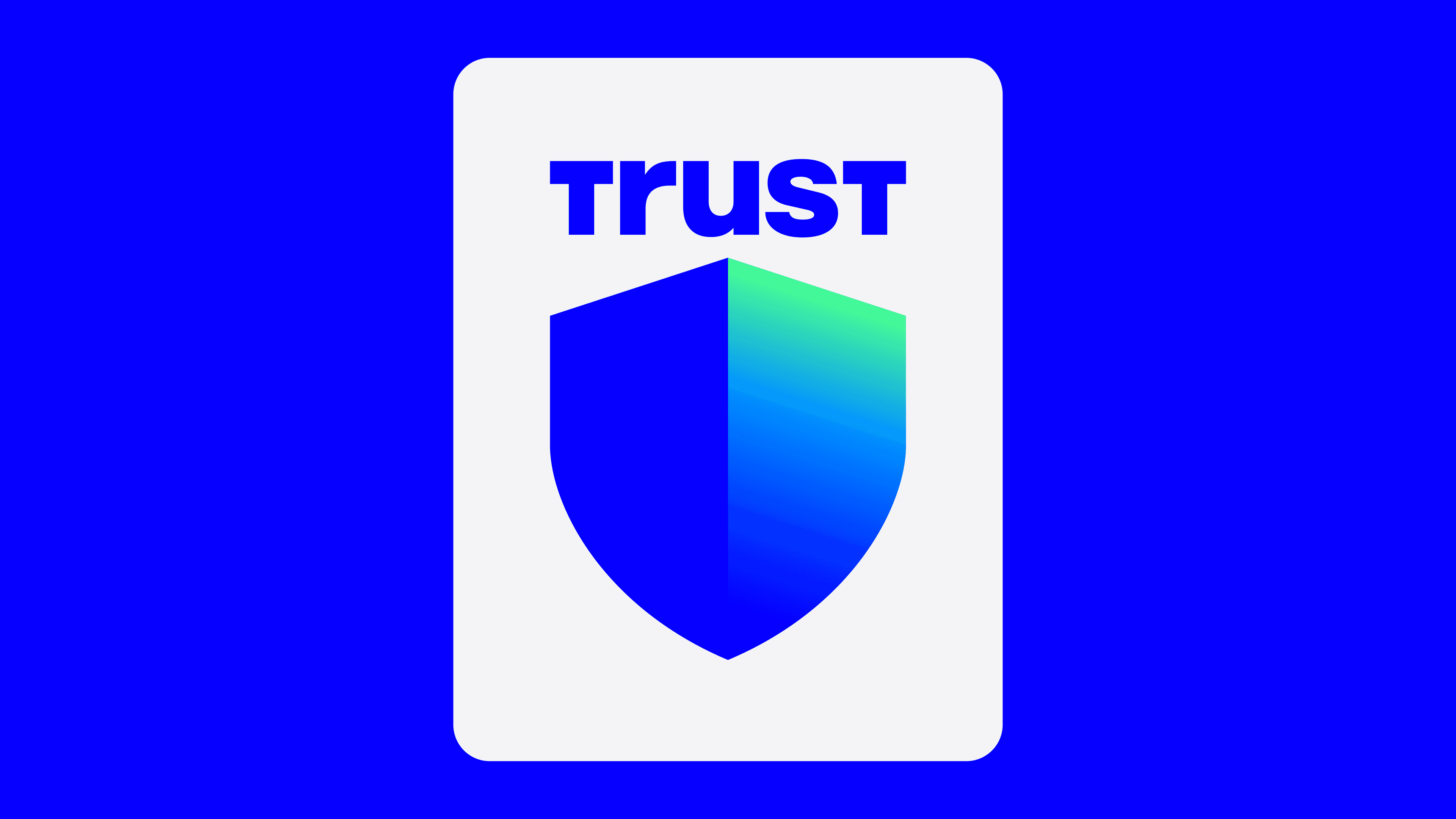Okay, so check this out—Trust Wallet has been the go-to for many of us in the crypto mobile space, right? But lately, I’ve been noticing a growing buzz around alternatives. Weird, huh? I mean, Trust Wallet offers cross-chain swaps and decent security, but something felt off about relying on just one app in this fast-evolving world.
Seriously, mobile crypto storage isn’t just about holding coins anymore. Users want flexibility, and honestly, the ability to jump between chains without jumping through hoops. It’s like trying to catch a train that’s already left the station—frustrating and sometimes downright impossible.
Wow! The thing is, while Trust Wallet does support multiple blockchains, its interface sometimes feels clunky, especially when you’re trying to do complex swaps on the go. And, well, if you’re like me, juggling several tokens, you want something slicker, faster, and maybe a bit less… crowded.
At first, I thought, “Why bother?” Trust Wallet has a massive user base and solid backing. But then I dug deeper—looking for that seamless experience where you don’t have to second-guess whether your swap will fail or your wallet will freeze mid-transaction. And guess what? There are some pretty interesting contenders out there.
One thing that bugs me, though: some alternatives lack the community trust that Trust Wallet has built. So, you gotta weigh risks carefully. It’s not always about shiny new features.
Now, here’s where it gets intriguing. There’s this growing trend toward wallets that natively support cross-chain swaps without bouncing you around multiple apps or decentralized exchanges. Imagine swapping Ethereum tokens for Binance Smart Chain coins directly within the same wallet, smoothly and quickly. Sounds ideal, huh?
My instinct said, “This could be a game changer.” But then again, the devil’s in the details. Cross-chain swaps often rely on third-party protocols, which can introduce vulnerabilities or delays. Not every solution is created equal.
That’s why, when exploring alternatives to Trust Wallet, I paid close attention to wallets emphasizing both user experience and robust security—because mobile devices are notoriously vulnerable to hacks and phishing.
Oh, and by the way, if you want to try one of these newer wallets that balance both, you might want to check out this link: https://sites.google.com/mycryptowalletus.com/download-the-trust-wallet-of. It’s a neat resource for downloading wallets that offer a fresh take on mobile crypto storage.
Initially, I thought Trust Wallet’s open-source background made it unbeatable, but the more I explored, the more I realized that user interface and multi-chain dex integration really matter for everyday use. After all, if swapping your tokens feels like solving a Rubik’s cube blindfolded, you’re likely to look elsewhere.
Here’s the thing: mobile crypto apps have to balance simplicity with power. And that’s a tough nut to crack. Some wallets go overboard on features, making the app feel bloated. Others strip down too much, leaving you feeling under-equipped. Finding that sweet spot is key.
Check this out—some of these alternative wallets come with built-in swap aggregators. That means they scan multiple decentralized exchanges to get you the best rate instantly. I tested a few, and the speed was surprisingly good. Plus, transaction fees were sometimes lower than Trust Wallet’s in-app swaps.
Hmm… I’m still a bit cautious, though. The mobile crypto space is notorious for scams and phishing attempts. So, I always recommend downloading wallets from official sources or trusted repositories. That’s why I like sharing https://sites.google.com/mycryptowalletus.com/download-the-trust-wallet-of—it’s a legit spot to start your search without getting tangled in sketchy links.
Also, some wallets now support hardware wallet integration right from mobile. That’s a big plus if you care about cold storage but want the convenience of mobile access. Honestly, I hadn’t considered this combo seriously until recently, but it’s growing on me.
That said, there still are trade-offs. Cross-chain swaps can be slower or incur more fees depending on network congestion. And mobile devices can’t match desktop wallets in sheer security, no matter how much the developers try.
So, what’s the takeaway? If you’re a mobile crypto user tired of Trust Wallet’s quirks, exploring alternatives makes sense. But don’t jump ship blindly. Test the features, check the community feedback, and most importantly, trust your gut.
On one hand, convenience is king. Though actually, I’ve learned that a little patience and caution go a long way in this space. Using multiple wallets tailored for specific chains or swaps might feel clunky, but it can also add layers of security.
Anyway, I’m not 100% sure which wallet will dominate next. The field is evolving so fast that today’s favorite could be tomorrow’s forgotten app. But having options beyond Trust Wallet is refreshing for sure.

For those curious, here’s a quick tip: when trying out a new wallet, start small. Test swaps with minimal amounts before going all in. This way, you avoid costly mistakes. Also, keep an eye on app permissions—sometimes apps ask for more access than they really need.
Finally, I’ll say this—if you want to expand your mobile crypto toolkit, visit https://sites.google.com/mycryptowalletus.com/download-the-trust-wallet-of. It’s a solid gateway to discovering trustworthy wallets that might just replace or complement Trust Wallet in your daily use.
Common Questions About Trust Wallet Alternatives
Are cross-chain swaps safe on mobile wallets?
Generally, yes—but it depends on the wallet’s integrations. Wallets using reputable swap protocols and aggregators tend to be safer. Still, always verify the contract addresses and test with small amounts.
Can I use hardware wallets with mobile apps?
Some mobile wallets support hardware wallet pairing via Bluetooth or USB. This adds a layer of security by keeping your private keys offline, which is especially valuable on mobile devices.
Is it necessary to switch wallets frequently?
Not necessarily. Many users stick with one or two wallets. But having alternatives can be handy if your primary wallet has issues or lacks certain features like cross-chain swaps.







